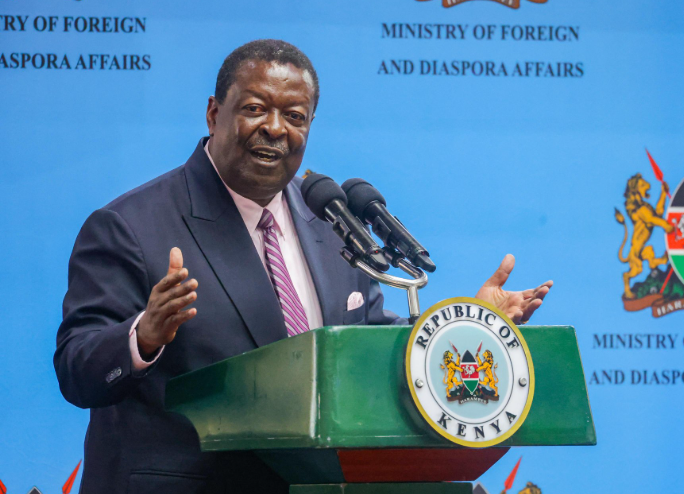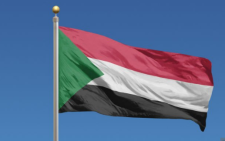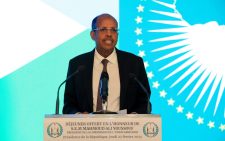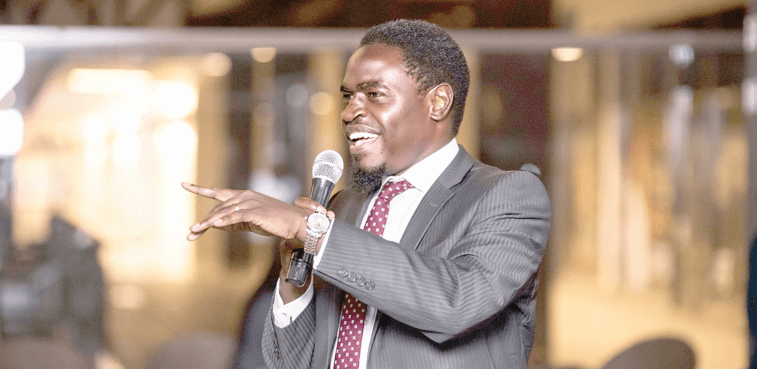My life championing mental health in war-torn Sudan
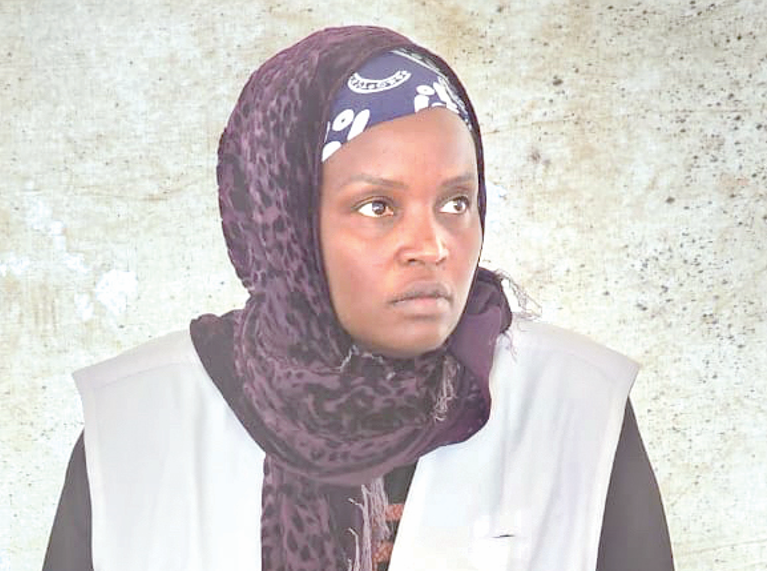
While taking up a job offer in the conflict-affected country, Joan Kogo never thought she would have a first-hand experience of the fighting. Due to her resilience, Kogo still chooses to work in this country.
How did you find yourself working in Sudan?
Going to Sudan for this assignment was a natural progression for me based on my previous experiences in low-resourced environments in Kenya. Prior to my deployment there as a mental health activity manager for Medecins sans Frontieres (MSF), I had worked in slums and been actively involved in emergency responses in conflict-affected areas, witnessing first hand the gratification of positively impacting vulnerable individuals and communities. And so, when an opportunity to work as the mental health activity manager came up, I did not think twice.
How has it been working as a mental health focal point at a time when mental health is a major challenge ?
This role has been demanding, yet so fulfilling. Our projects span across different states in Sudan, responding to emergencies and providing vital support in regions such as West Darfur and Central Darfur. My passion for this work has grown steadily over the years, and my position in Sudan aligns perfectly with my training in trauma-sensitive approaches and my extensive experience in responding to crises in low-resourced settings. These assignments have prepared me to apply my skills in real-world, high-stakes situations and make a meaningful impact on the mental health and well-being of individuals.
What are some of the roles you handle in your position?
My main responsibility has been to strengthen and introduce mental health activities, ensuring that quality services are delivered according to our protocols.
Basically, my tasks revolve around working alongside the Sudanese national mental health team and collaborating with other stakeholders, such as the Sudan’s Ministry of Health to review and develop technical materials, tools, and guidelines for mental health activities across our diverse projects. Training and capacity building have also been a crucial aspect of my role, requiring regular identification and updates of training needs for the Mental Health And Psychosocial Support (MHPS) team. My work has been both enriching and challenging.
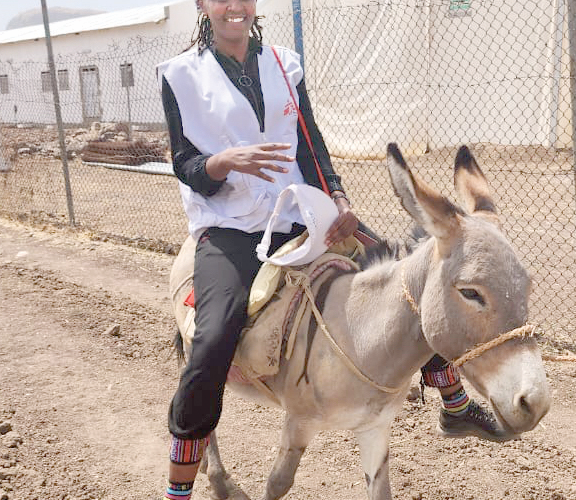
Tell us about your highs and lows working in Sudan, a conflict-affected zone?
As a humanitarian worker, and currently in Sudan, my experiences have been a mix of highs and lows. In terms of high moments, witnessing positive transformations has been immensely gratifying. Seeing individuals, families, and communities overcome trauma, rebuild their lives, and regain their mental well-being has been a source of great satisfaction. In remote areas of Central Darfur, I have witnessed the positive effects of my work , providing psychological support to those in need, promoting resilience, and contributing to community development.
Collaborative achievements have brought me immense joy. However, there have also been challenging moments. Working in conflict-affected areas means witnessing extreme suffering and deprivation. Witnessing the immense physical and emotional pain endured by individuals affected by conflict can be overwhelming and emotionally draining. Limited resources and capacity in low-resourced settings often hinder the delivery of effective care, which can be frustrating. Sometimes, there are instances where we are unable to reach everyone in need due to access constraints or security risks, and this poses its own set of challenges.
Looking back, are there instances you regretted working in Sudan and given a chance, will you still work there?
When the war erupted in May this year, it started with a security alert and hours later, the distant sound of gunshots kept growing louder and more menacing. Even though we managed to evacuate, the emotional toll of witnessing the devastating consequences of war and the profound human suffering will forever stay with me.
However, I do not regret my decision to work in Sudan and I would not hesitate to continue working in a conflict situation. While security measures are essential and non-negotiable, the chance to make a difference in the lives of those affected by conflict remains a calling that I am fully committed to.
